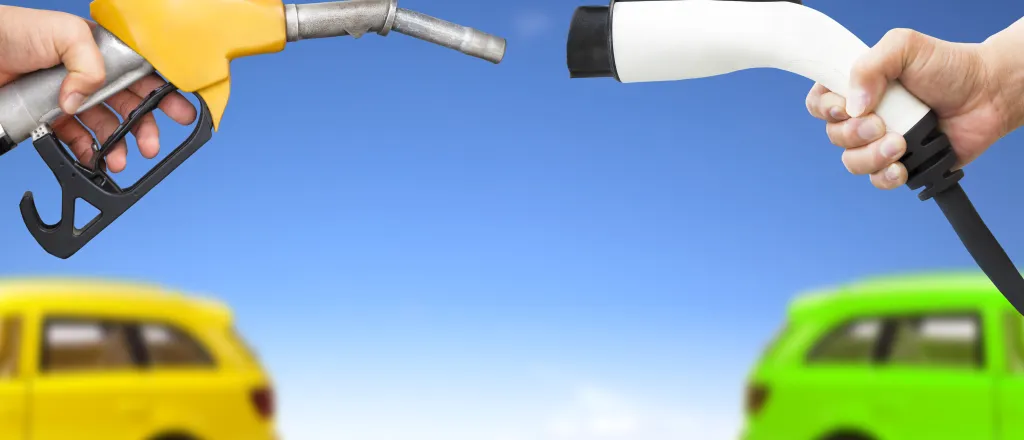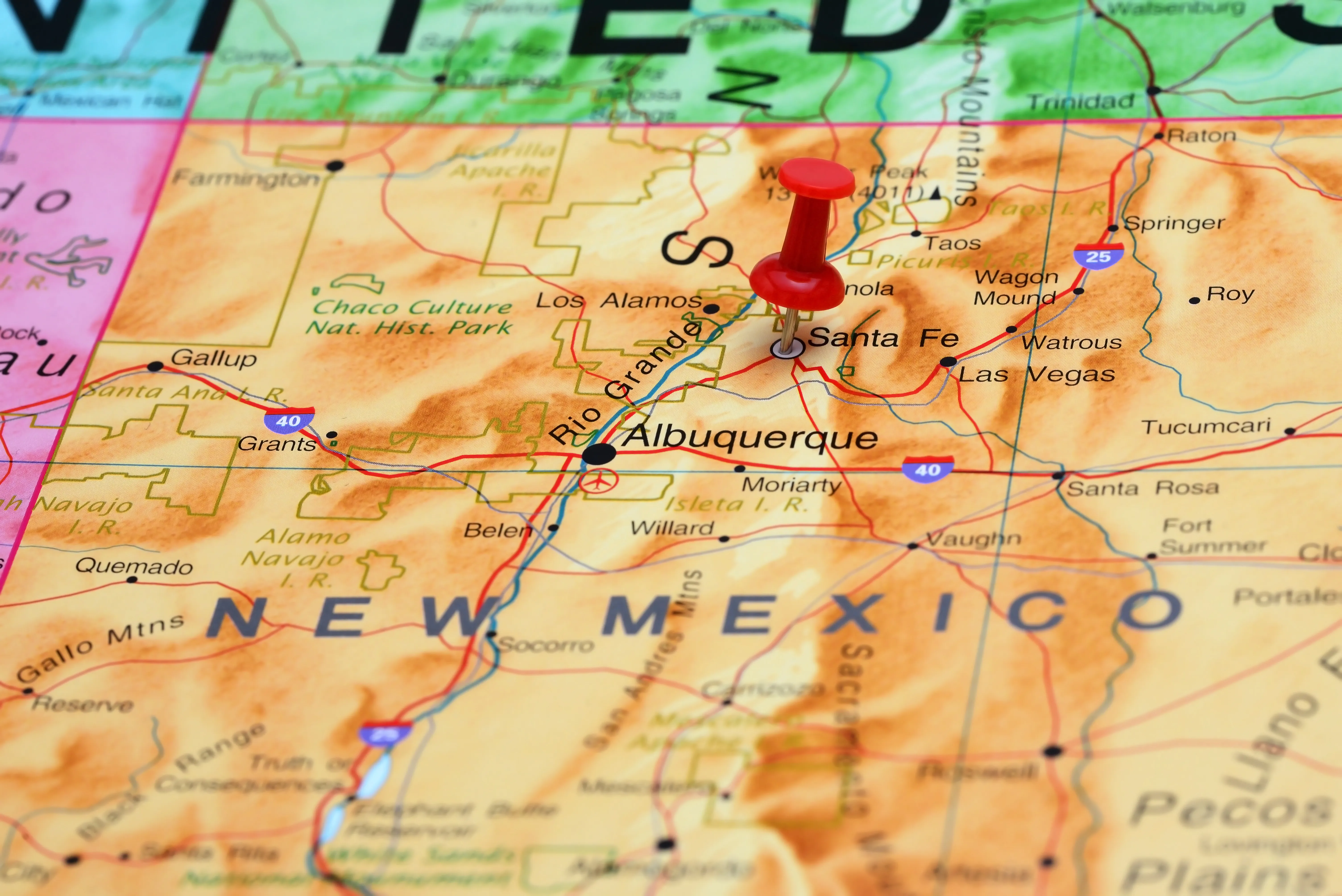
Nevada gearing up to expand electric vehicle infrastructure
(Nevada News Service) Nevada stands to get $38 million over five years to build out electric vehicle (EV) charging networks from the Biden administration's newly released EV funding plan, part of the Infrastructure Investment and Jobs Act.
The Department of Motor Vehicles said Nevada now has more than 17,000 registered electric vehicles.
Marie Steele, vice president for electrification and energy services at NV Energy, said its customer surveys predict a big jump in the years to come.
"Twenty-five percent of our customers say that their next vehicle will be electric and another 25% are neutral," Steele reported. "Certainly the number is growing, and we're anticipating that more is going to be online soon."
She added Nevada's Electric Highway program is well on its way to placing an EV charging station every 50 miles, especially on I-15 and I-80. And NV Energy is offering a $2,500 rebate to help low-income families buy an electric vehicle.
Christi Cabrera, policy and advocacy director for the Nevada Conservation League, noted Nevada's new vehicle emissions standards will go into effect in 2025.
"Last October, we passed the clean-car standards," Cabrera recounted. "Nevada will be getting more electric vehicles on our lots."
By statute, Nevada must prioritize low-income areas, rural areas and tribal lands when placing new EV charging stations.
Larissa Koehler, senior energy attorney for the Environmental Defense Fund, said those communities will also benefit as more zero-emissions trucks and buses hit the road.
"It'll be critically important, most notably in disadvantaged communities that are really disproportionately impacted by truck and bus pollution, to make sure that we're prioritizing those communities and making sure that the benefits of electric vehicles are seen," Koehler remarked.
A recent analysis from the Environmental Defense Fund found we could prevent 57,000 premature deaths nationwide and eliminate 4.7 billion metric tons of pollution by 2050, if we switch over to zero-emission freight trucks and buses by 2040 in urban areas, and by 2035 in urban and community areas.

















